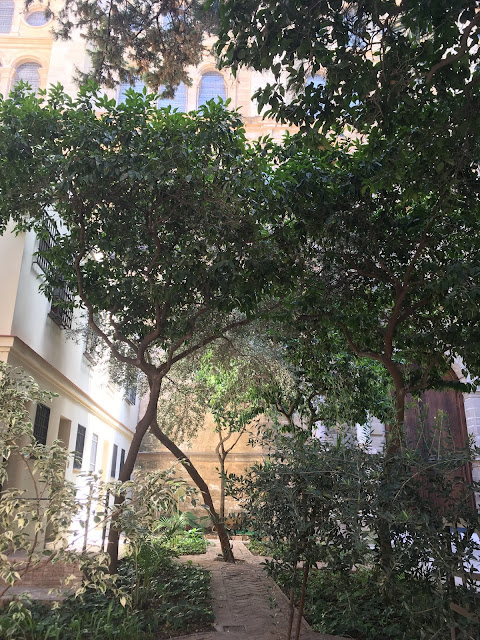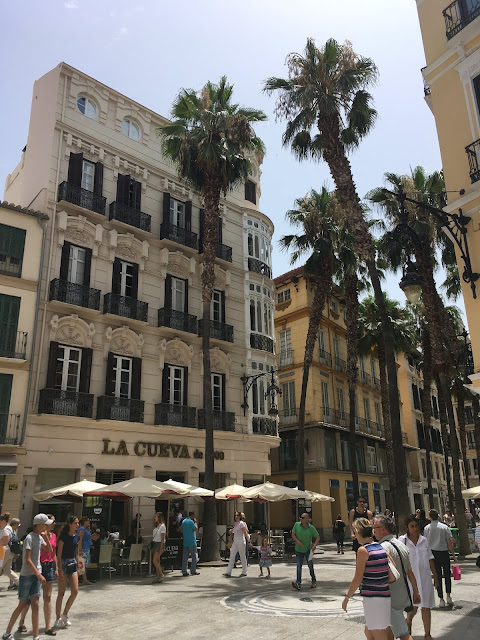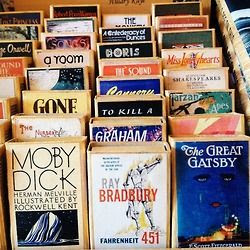It's still July?
Normally at the end of the month I think "How can the month be over already?"
That is so not where I am right now. This month has been so jam-packed with good things that I have trouble believing it was just a month.
As per usual, I'm following Emily Freeman's lead to share a handful of the things I learned this month.
1. Cowbell is a very different instrument from what we hear in the classic SNL skit. We went to a folk festival in Wengen, the tiny Swiss town that we stayed in, and their troupe of cowbell wielders was quite impressive. I can't describe it in words, but here's a youtube video of the same performance from several years ago.
2. Songs are great conversation starters. While I was in Malaga, my friend Karis and I took turns sharing songs with each other - and each new song usually sparked a 10 minute conversation.
4. A calling is something that follows you anywhere. So often I can think of "calling" and "career" as synonymous, but that's not the case. Someone recently said that a calling is something that would be manifested even in a concentration camp. That's been interesting to think about as I consider what the Lord is leading me to after my second year in Germany.
7. There is so much cool symbolism tied to pomegranates. I really love pomegranates. Eating a pomegranate is like consuming rubies. For fun I decided to look up their symbolism on my way back from Spain.
- Pomegranates featured prominently in the decor of the temple that Solomon built.
- In many different cultures, pomegranates symbolize life, fertility, abundance, and rebirth (think the myth of Persephone).
- In Jewish traditions, the pomegranate calyx is the "model" for a crown.
- In Christian art, broken or bursting pomegranates often symbolize the fullness of Jesus' suffering and resurrection.
- In the Eastern Orthodox church, the pomegranate is used in a dish that symbolizes the sweetness of the kingdom of heaven.
I don't often draw, but I decided I needed a pomegranate on my wall, so I pulled out my old colored pencils to meet that need.
















